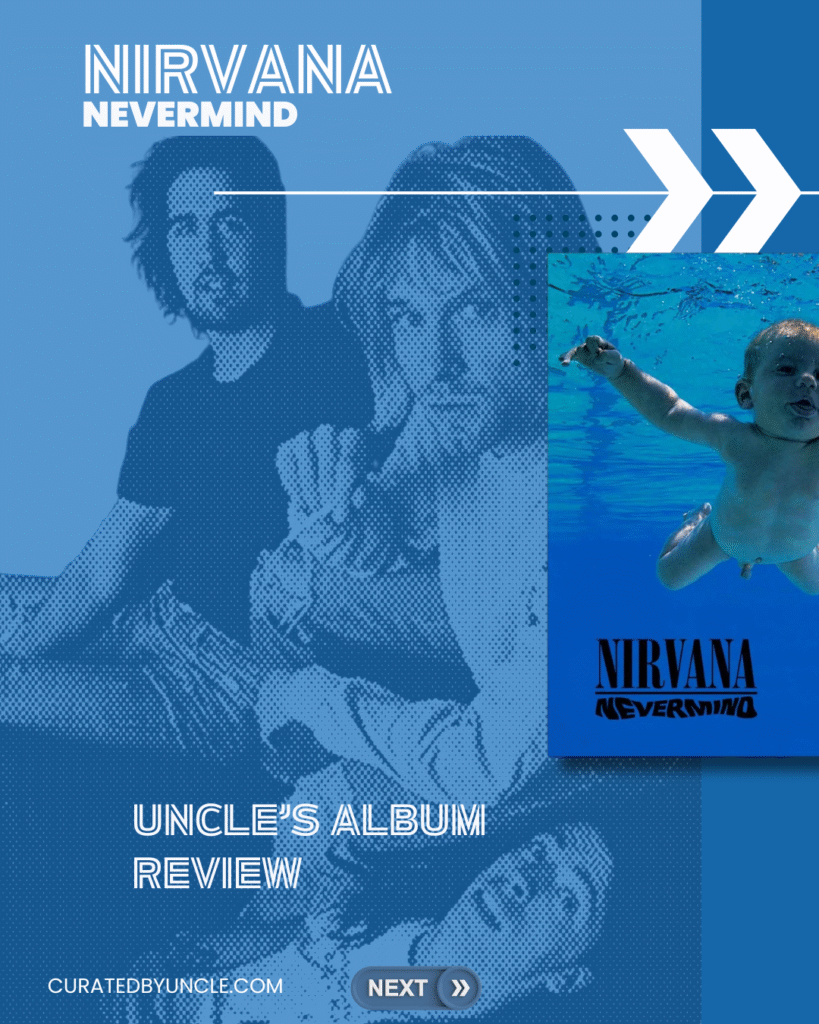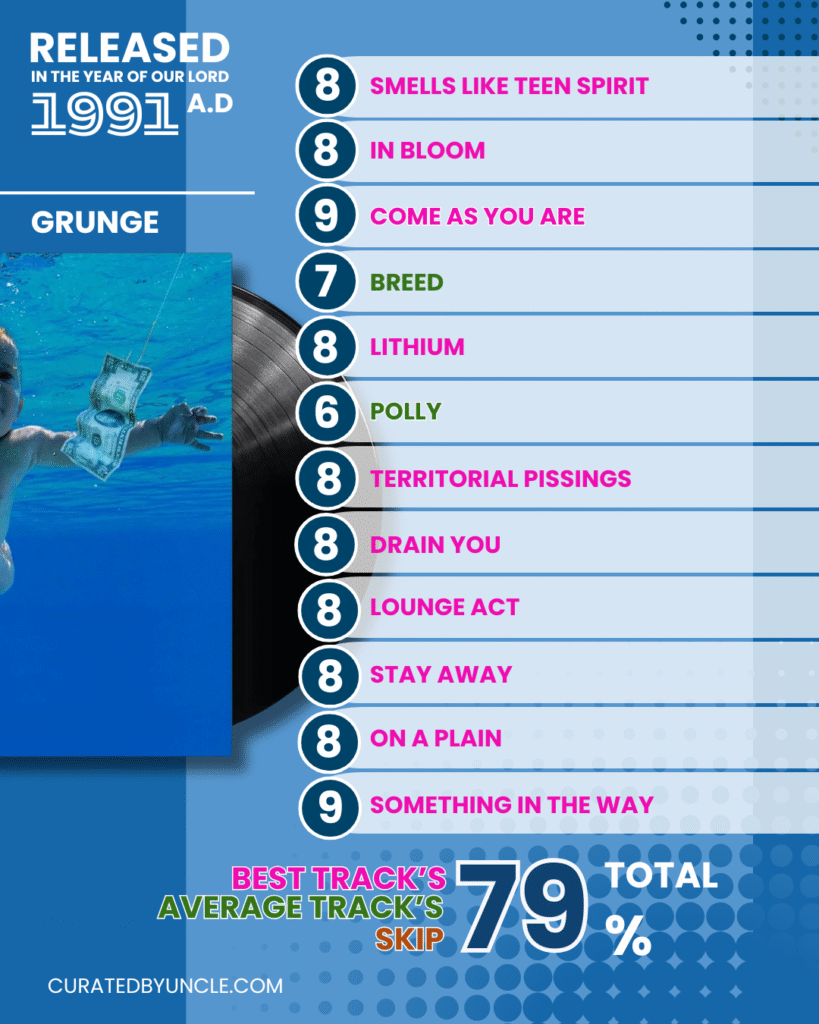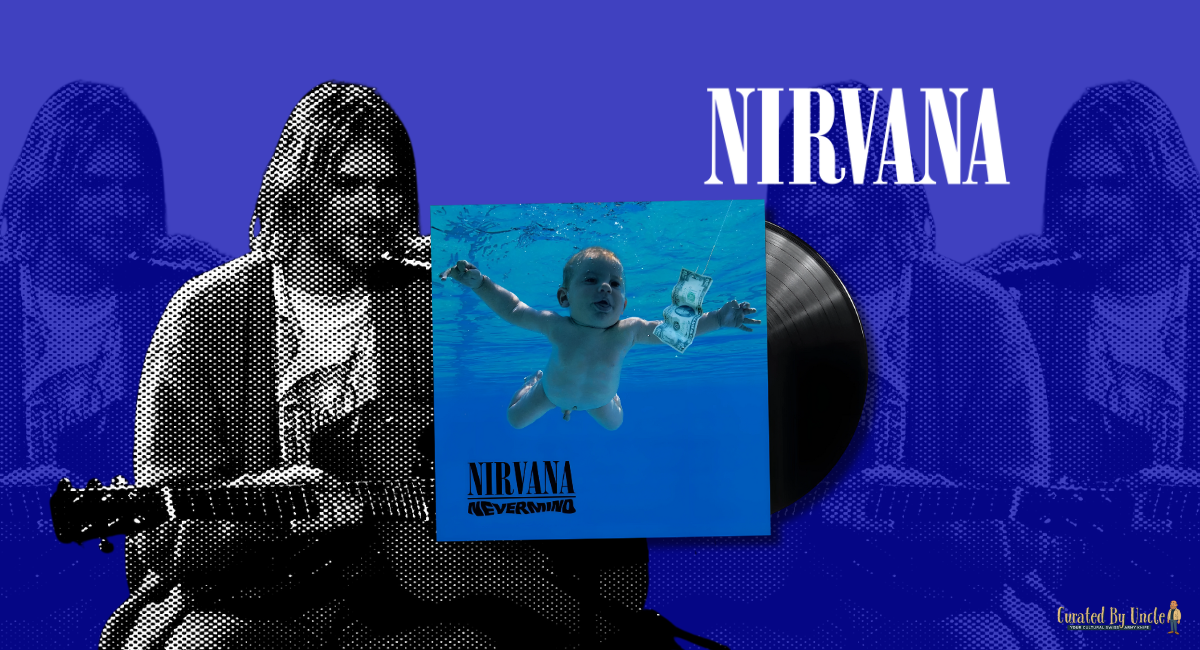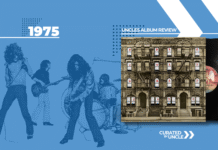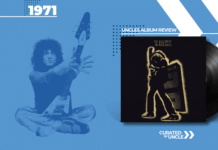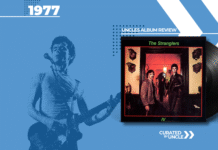Welcome to the 90s: A Place Where Feelings Yell Back
Before Nevermind, rock music in the mainstream was mostly men in spandex screaming about girls, cars, and how awesome it was to be rich, drunk, and perpetually 38. Then came a lanky blonde guy from Aberdeen, Washington who mumbled through his bangs and played a guitar like it owed him money. Nirvana’s Nevermind didn’t knock down the door of popular music, it walked in, unplugged the jukebox, and lit a cigarette in the bathroom.
Released in September 1991, Nevermind was the aural equivalent of throwing a Molotov cocktail at a Bon Jovi concert. It was messy, loud, sad, and somehow catchy enough to accidentally sell 30 million copies. It also turned Kurt Cobain, a man whose spirit animal was probably a dying raccoon, into the unwilling poster boy of an entire generation of disillusioned, plaid-wearing youths.
Table of Contents
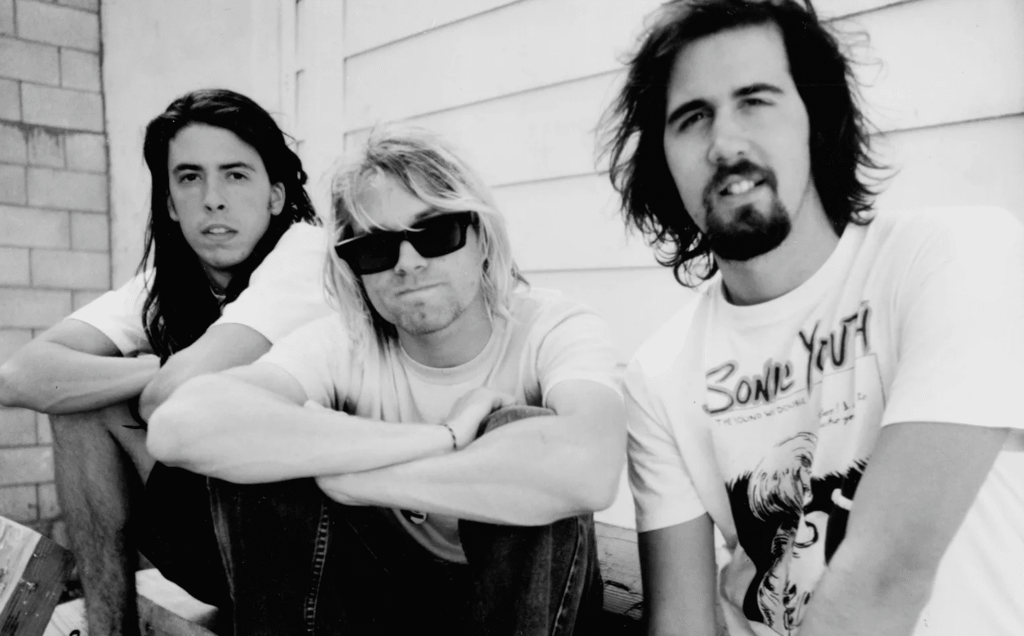
The Accidental Cultural Uprising
No one expected this thing to explode. Not the record label. Not the band. Not even the guy who mixed it (Butch Vig, who deserves his own sainthood for what he did with this three-piece sonic hurricane). But Nevermind did explode. It crashed into the Billboard charts like a hungover teenager tripping into a PTA meeting, eventually knocking Michael Jackson’s Dangerous off the No.1 spot.
That alone should tell you everything: America looked at the King of Pop, then looked at this snarling, messy little band from the Pacific Northwest and collectively said, “Yeah, this. Give us this.”
“Smells Like Teen Spirit”: The Song That Launched a Thousand Ironic T-Shirts
Let’s address the elephant in the mosh pit: “Smells Like Teen Spirit.” Yes, it’s iconic. Yes, it defined a generation. Yes, it made people with no idea what it meant scream “Here we are now, entertain us” while shotgunning PBRs in suburban garages.
It’s often heralded as the “voice of a generation,” which is a cruel joke considering Cobain famously hated that title. But it did tap into something, an unspoken, churning nihilism hidden under layers of slacker sarcasm. It was a protest song for people too exhausted to protest.
And the video? High school anarchy shot through a 90s MTV lens. Cheerleaders with anarchy symbols. A janitor dancing like he knows the world is ending. It was Breakfast Club meets The Purge, and it worked.
Track-by-Track: Screams, Hooks and Sadness in Flannel
1. Smells Like Teen Spirit
The accidental anthem of a generation. Cobain hated how popular it became. The riff sounds like a cheerleader chant played through a chainsaw and the chorus is pure melodic menace. It’s ironic, infectious and probably the reason every band in 1993 had a flannel budget.
2. In Bloom
A song aimed at the type of person who sang along without understanding the lyrics. The hooks are bright and sardonic, with Grohl’s harmonies adding a strange sweetness. It’s basically Cobain sneering at his audience while giving them something to headbang to.
3. Come As You Are
Hypnotic and brooding, this one slinks rather than sprints. Cobain’s drawl wraps around each line like a fog machine exhaling despair. Yes, it’s probably ripped from a Killing Joke riff, but who’s counting? This is grunge’s slow dance.
4. Breed
Violent, sarcastic and exploding with hormonal energy. It’s a middle finger wrapped in a distortion pedal. The chorus “We can plant a house, we can build a tree” makes zero sense and all the sense at once. Perfect for breaking stuff in your bedroom as a teen.
5. Lithium
Mood swings in musical form. The verses are calm and numb, the choruses explode in manic euphoria. It’s like watching someone try not to cry at a party before punching a wall. Somehow both deeply personal and strangely universal.
6. Polly
A chilling acoustic song about a real kidnapping case. Delivered with Cobain’s dead-eyed calm, it’s both haunting and uncomfortable. There’s no catharsis here just a slow, sickening crawl into the darker corners of humanity. It’ll make your skin crawl.
7. Territorial Pissings
Nihilism with a punk snarl. Opens with Krist Novoselic sarcastically singing The Youngbloods’ “Get Together,” then descends into chaos. Grohl’s drumming is feral. Cobain screams like he’s trying to evict demons. It’s all teeth, no filler.
8. Drain You
One of the most melodic and inventive tracks. Full of weird hospital imagery and love as parasitism. The middle section dissolves into bubbling feedback and tape-manipulated squeals. Romantic, in a ‘please don’t touch me’ kind of way.
9. Lounge Act
The closest Cobain ever came to writing a relationship song you could dance to. The bassline slinks and the guitars punch. It’s jealous, twitchy and self-lacerating. This is grunge’s version of disco except everyone’s crying on the dancefloor.
10. Stay Away
Pure rage, no chaser. Lyrics barked with venom, guitars lurching like drunken bouncers. Originally titled “Pay to Play,” it’s Nirvana at their most joyfully cynical. Bonus points for the line “God is gay” – which predictably outraged exactly the right people.
11. On a Plain
The most tuneful breakdown ever written. The chorus soars, but the lyrics are fragments of Cobain’s crumbling psyche. It’s oddly upbeat for a song with the line “my mother died every night.” Grohl’s backing vocals shine again. An underappreciated gem.
12. Something in the Way
Cobain at his most vulnerable. Barely audible vocals, a droning cello and the emotional equivalent of staring at a rain-streaked window. Supposedly written while he was sleeping under a bridge. Bleak, beautiful and terrifying in its stillness.
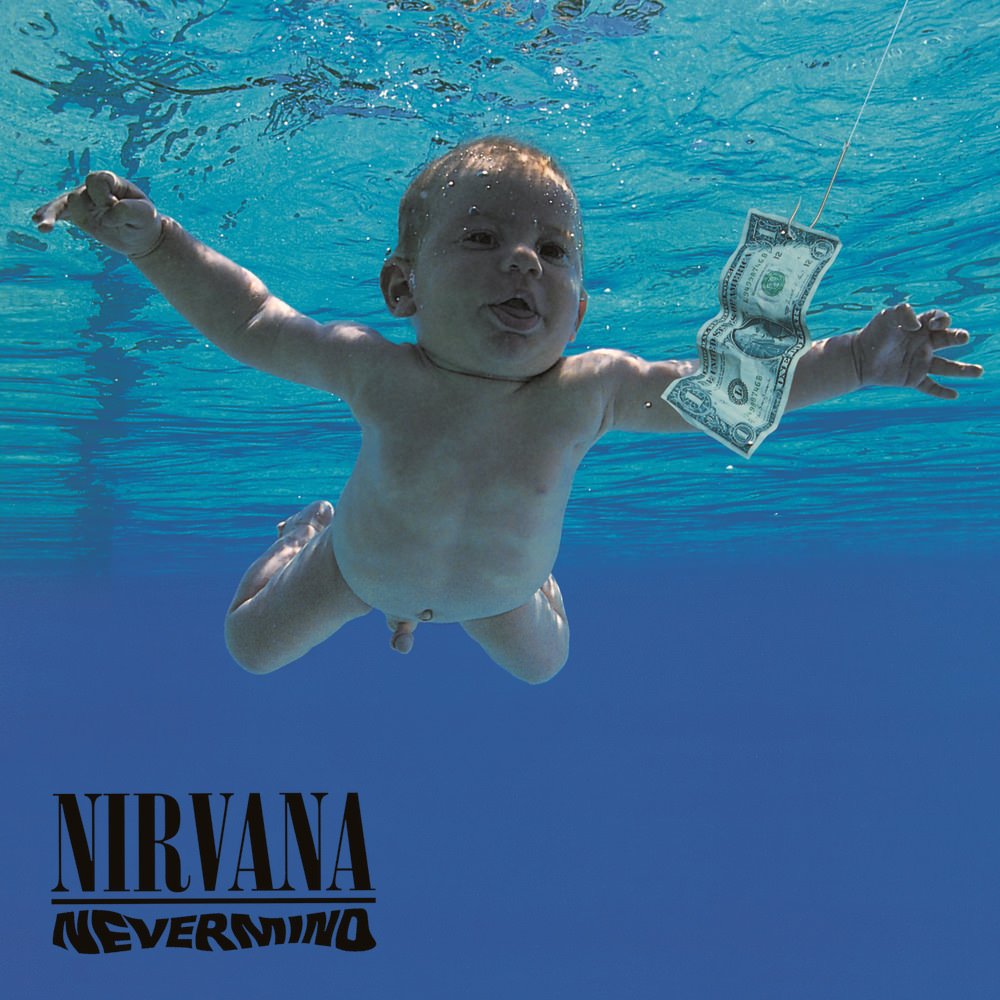
Production: Butch Vig’s Beautifully Grungy Frankensteining
Producer Butch Vig somehow turned these chaotic demo sessions into something almost pop-friendly, without sanding off the rage and reverb. His secret weapon? Dave Grohl’s drumming, which hits like a sledgehammer wearing Doc Martens.
It’s often said Nevermind was too “polished” for grunge, but that polish is what helped smuggle it into the mainstream. It was the musical equivalent of hiding a shotgun in a bouquet.
The Album Cover: Baby Capitalism at Its Most Honest
Let’s not forget the infamous cover: a naked baby swimming toward a dollar bill on a hook. Subtlety? No. Effective? Extremely. It’s capitalism distilled into a single haunting image and somehow even more relevant now than it was in ’91. Who knew babies could make such effective visual metaphors for moral corruption?
Also, the baby (Spencer Elden) sued the band years later for exploitation. Which might be the most postmodern grunge move imaginable.
Cultural Impact: The Era of Flannel and Disillusionment
Nevermind didn’t just shift the musical landscape, it carpet-bombed it. Hair metal collapsed overnight. Suddenly, no one wanted solos or leather trousers or songs about cherry pie. They wanted alienation, fuzz pedals, and guys who looked like they slept in thrift stores.
Nirvana didn’t invent grunge. But they packaged it, weaponized it, and accidentally marketed it into a billion-dollar genre. And Cobain, famously uncomfortable with fame, spent the rest of his short life trying to crawl back into obscurity like a reverse rock messiah.
Legacy: Beauty in the Breakdown
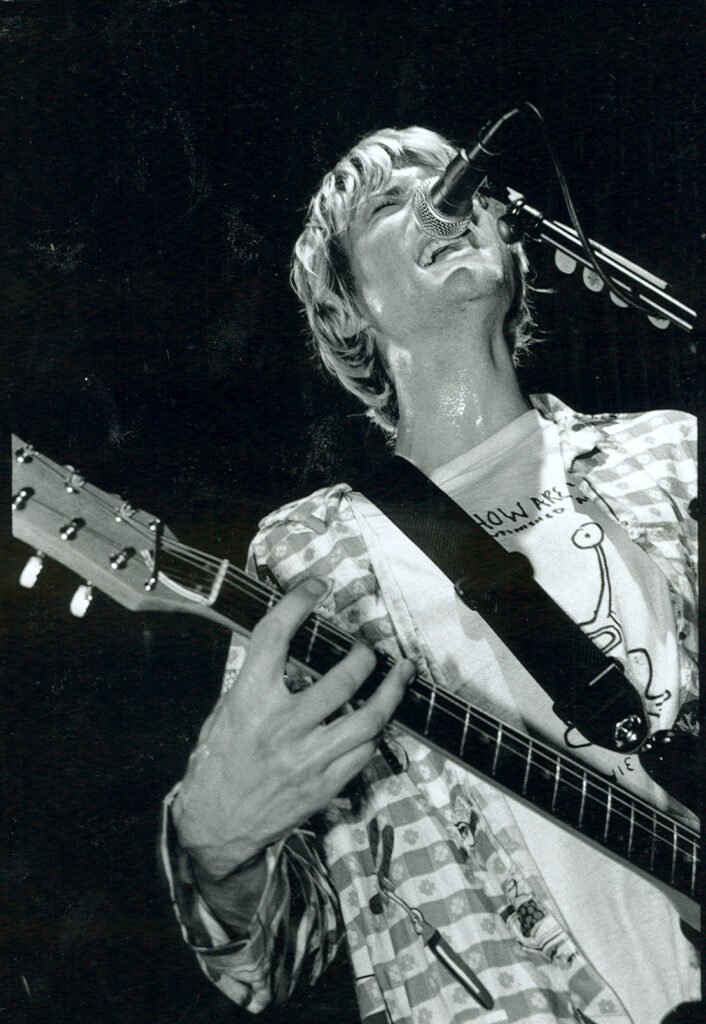
Kurt Cobain died in 1994, and every reissue of Nevermind since has carried the weight of that loss. But somehow, the album doesn’t feel dated. It feels… eerily current. The rage. The confusion. The sneering sarcasm. You could release it today and still hear it blasting from every angst-ridden Bluetooth speaker in the land.
Whether you consider it the death of real rock or the birth of alternative’s golden age, Nevermind is more than just an album. It’s a timestamp from a generation that screamed, “I feel weird and I don’t know why,” and finally had something to scream along to
My Final Thoughts: Catharsis with a Power Chord
Listening to Nevermind in 2025 feels like unearthing an ancient scroll filled with noise, pain, and unexpected poetry. It’s an album that tried to destroy the establishment, accidentally became the establishment, and then threw itself out the window in protest.
It’s music for people who’ve cried in a toilet stall, laughed at funerals, and worn the same hoodie three days in a row because what even is time anymore?
And if that doesn’t make it essential listening… what does?

If You Like Nevermind, I Recommend These Albums:
In Utero – Nirvana (1993) – Like Nevermind after a rough breakup: rawer, louder and deliberately unpretty.
Ten – Pearl Jam (1991) – Brooding grunge with stadium-rock biceps and a closet full of flannel.
Doolittle – Pixies (1989) – The weird cousin of Nevermind – twitchy, loud and disturbingly influential.
